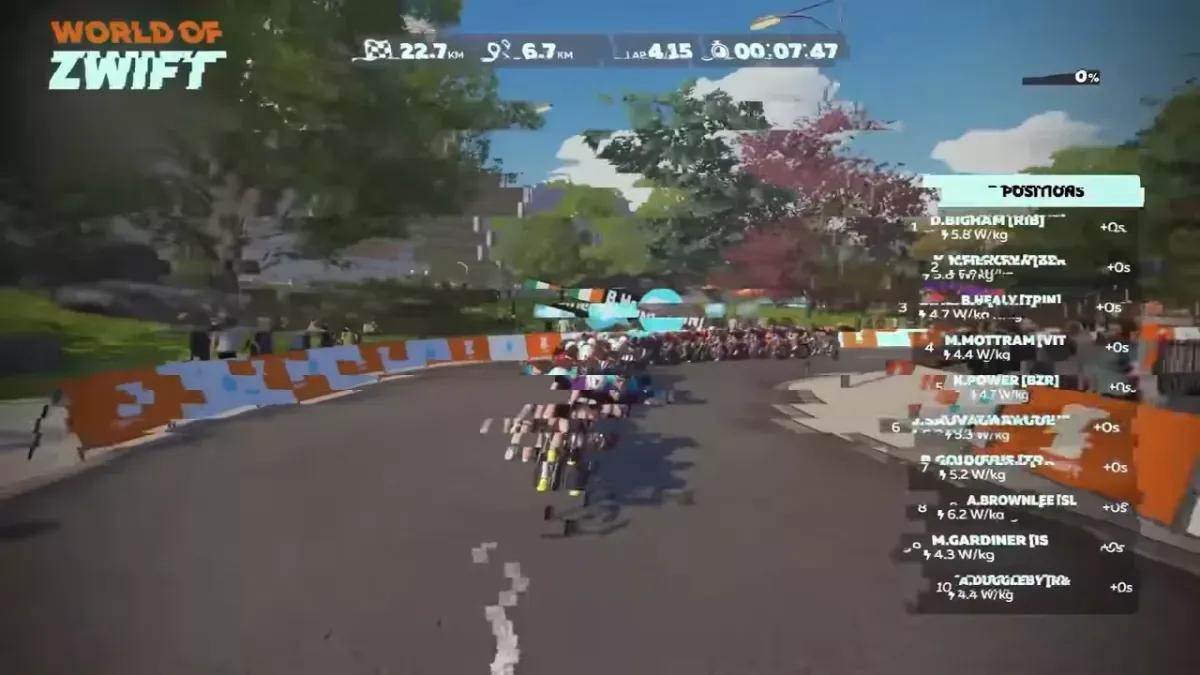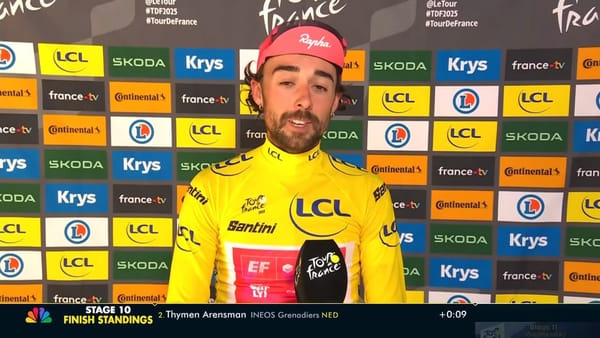Zwift’s Anti – Doping Policy: Is it open to Cheating?

A group from Teesside University in Middlesbrough, UK, has published a review in which it claims Zwift fails to meet the purpose of its anti-doping policy. The review, published in the International Journal of Esports concludes that Zwift is failing to ensure Safety, Fairness and Integrity. I recommend you read the whole review, but their recommendation to Zwift are interesting:
Recommendations to Zwift to counter Doping and Digital Doping
- Remove doping tests that are not at a sanctioned Zwift or UCI event (physical location). All drug testing should be for competitive cyclists that have signed agreements with their teams, countries, and Zwift. In turn, this will also save Zwift money that can be better used for testing their pool of elite athletes.
- After reviewing all the previous methods of cheating commentary we provided, it is clear there needs to be a new set of anti-doping rule violations specific to Zwift. The authors call for the creation of a “Digital Doping Rule Violations” (DDRVs) that are for Zwift and enforced by the officials and complied to by the cycling community. These DDRVs will help tackle data manipulation, software hacking and illegal hardware use for on their bikes, their Zwift (or computer) software and lastly, in-game when racing. The DDRVs will also update and improve the current three tier ban system that Zwift have just published [43].
- Seek approval from the International Olympic Committee (IOC) to allow anti-doping Zwift cases to be heard in the Court of Arbitration for Sport (CAS) [71]. Stivers [72] points out that the IOC refers all athletes with anti-doping issues to CAS for resolution [71]. CAS is the expert forum to debate and rule on these matters. Nonetheless, CAS only accepts (at this present time) cases that are classed as “sports” and may choose not to convene for an esport. However, Zwift may be the one exception to this ruling as it is a physically demanding esport with a structured competitive layout with local to international events backed by the UCI. It would be a significant endorsement for the sport if the IOC encouraged CAS to support Zwift’s Anti–Doping Policy.
- Include the option to dual record from both a power meter and trainer in-game perspectives. That way, any incorrect calibration values and discrepancies are immediately visible, and this will save Zwift considerable time when investigating potential cases of cheating as the data will be immediately available. If it is measured live, there would then be no opportunities for riders to perform verification tests and quickly use software to manipulate power data before sending it to Zwift, as in the case of Trommer [69].
- Finally, Zwift should adopt the full WADA anti-doping code. That mirrors what both the ISEF and the UCI have been doing to promote clean sport in their respective events. This would also send a clearer message to those who would cheat in Zwift and help deter dopers. In addition, it would strengthen the community of Zwift and help foster an anti-doping culture.





